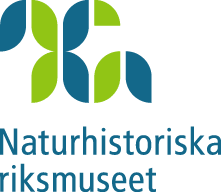Collections
The Department of Palaeobiology houses more than one millon fossil specimens. They are used for research at the departments and by researchers from all over the world.
The department hosts the world´s largest collection of fossils from Gotland and one of the largest collections of plant fossils.
Fossils from Gotland
The department´s fossils from Gotland constitute an unique collection from the Silurian period and are exceptionally well preserved. In Sweden, there are also older strata thar are rich in fossils. These layers can be found in e.g., Skåne, Öland and Västergörtland and the department also hosts rich collections of this material.
Fossils from Skåne
The southern province of Skåne also yields important fossils from the Cretaceous period, especially belemnites, bivalves, brachiopods and echinoderms, but also shark teeth and scattered elements of mosasaurs and pleisosaurs. The Cretaceous collection from Skåne also contains many very well preserved fossil flowers. From Skåne there is also a very large collection of plant fossils from the Triassic and Jurassic periods.
Fossils of vertebrate animals
The collections of fossil vertebrate animals are large and historically important. The collection contain especially important material from the Devonian period and one of the world´s largest collections of South American mammals from the Pleistocene (from approximately 2,5 millon years until 12 thousands year ago).

Fossils from Polar regions
Thanks to historic expeditions the department has large numbers of fossils from Antarctica and various parts of the Arctic (Greenland, Svalbard, Novaja Zemlja etc.,). These collections originate from areas that are very difficult to access, and therefore, have a very high scientific value.
Plant fossils
Among the plant fossils one can find many type specimens and published material studied by internationally well-known scientists such as O. Heer, Alfred G. Nathorst, Thore G. Halle and R. Florin.
Databases
The electronic registration of the fossil collections is a major current project in the Palaeobiology Department. Information from the database is available at the Swedish Museum of Natural History Collections portal.  See more information about parts of our collection here.
See more information about parts of our collection here.
Loans
Queries concerning collections and loans should be directed to Vivi Vajda (plant fossils) or Lars Werdelin (animal fossils).
Library
The department houses a library with important literature for reseach and researchers, such as books, articles, scientific journals, maps etc.


